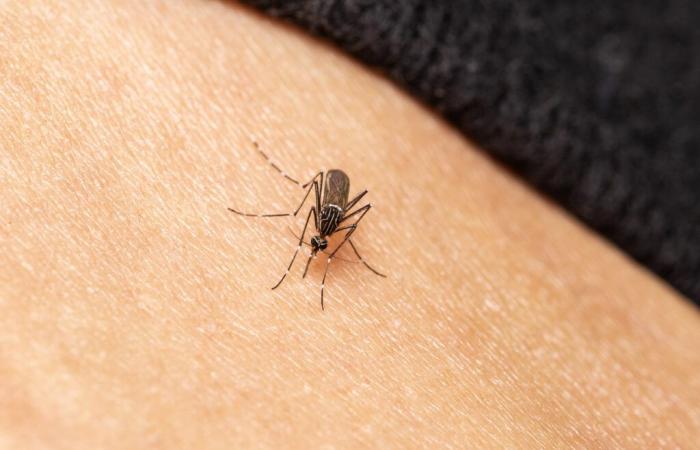Researchers in a recent Dutch study suggest genetically modifying certain parasites that mosquitoes spread. The objective? Make these insects allies in future vaccination campaigns, particularly against malaria.
A future ally of vaccination?
While mosquitoes contribute to transmit many diseases and that global warming favors their proliferation, much research involves drastically reducing their populations. What if this wasn’t the best solution? What if it was possible to make the mosquito an ally of human beings? Despite its bad reputation, the mosquito is already useful in itself since it is a pollinating insect, just like bees. However, it could also become an ally in vaccination campaignsas indicated by a study published in the New England Journal of Medicine on November 20, 2024.
Led by the medical center of the University of Leiden (Netherlands), this research first discussed the genetic modification of mosquitoes. The objective was to gradually make each member of the colony carrying a vaccine before letting them bite humans as they wished. However, another even more effective solution was favored.
A promising success rate with mosquitoes
Dutch researchers finally focused their interest on a particular species of parasite: the Plasmodium falciparum. It is the most deadly parasite for humans and causes malaria. with a 90% death rate. Accompanying female Anopheles before they feed, the parasite hides in the salivary glands with anti-inflammatory and anticoagulant enzymes. When the mosquito bites a human, up to 200 of these parasites can enter the blood system. They then travel through the blood, multiply and kill red blood cells, causing the usual symptoms of the disease.
The study authors discovered a way to ensure that the Plasmodium falciparum has a vaccine effect rather than a disease effect. After several tests carried out on volunteers, scientists finally obtained an encouraging success rate of 89%. Obviously, mosquito bites remain very unpleasant, but the discovery could help support the fight against malaria and potentially other diseases.
According to the World Health Organization (WHO), malaria has caused around 608,000 deaths in 2022 for 249 million cases. Furthermore, four countries are affected by half of the total deaths: Nigeria (26.8%), the Democratic Republic of Congo (12.3%), Uganda (5.1%) and Mozambique (4 .2%).
Health






